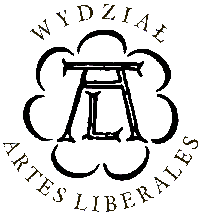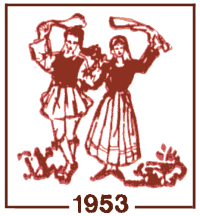The project is financed by the National Science Center and carried out at the Faculty „Artes Liberales” at the University of Warsaw in cooperation with the Dora Stratou Dance Theatre


| Testimony of: | knife |
| Source | Ζερβουδάκης 1896, 37 (in: EEH, sv. μαχαίρι, p. 379-380) |
| Original text | Εμπροσθεν δε όλων βλέπει τις δύο εξησκημένους ωραίους νέους συνωδά τοις ηχούσιν οργάνοις μετά των ανά τας δύο χείρας εγχειριδίων διστόμων χορεύοντας και αδιαλείπτως τσακιστά τα γόνατα και τας έδρας σχεδόν εφαπτομένας των κνημών έχοντας και θαυμασίως πηδώντας, συνάμα δε συγκρούοντας τα εγχειρίδια προς άλληλα ως οι άσπονδοι εχθροί σπεύδουσιν να αφαιρέσωσι την ζωήν αλλήλων, δι' εμπήξεως τοιούτων αμφιστόμων εγχειριδίων. Ορά τις τον αρχηγόν δεξιά και αριστερά διατάττοντα και επιβάλλοντα τοις τε χορεύουσι, τοις τε άδουσι και τοις στρατιώτοις αυτού τάξιν και ρυθμικωτάτην των ποδών κίνησιν συν τοις επί των δεξιών ώμων κεκλιμένοις όπλοις. |
| English translation | In front there are two skilfull beautiful young men, accompanied by the sound of instruments; they hold double-edged knives in their hands and begin dancing, kneeling and sitting-up, barely touching each other, miraculously jumping, holding simultaneously the knives against each other like implacable enemies struggling to take the other’s lives by stabbing him with the double-edged knife. The leader begins to give orders to the dancers left and right, imposing the order and rhythm of their feet movements as if they were his soldiers, having on their right arm their weapon hidden. |
| Region of occurence | Kaisareia, Kappadokia - Show on map |
| Function | confirming manliness/dexterity, |